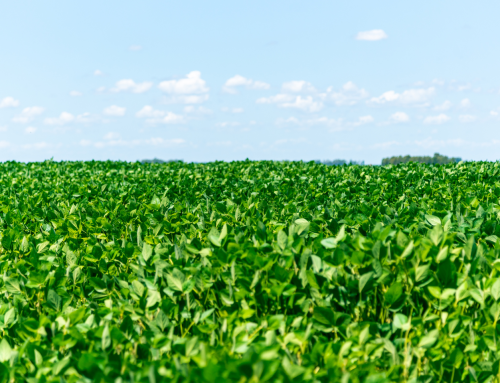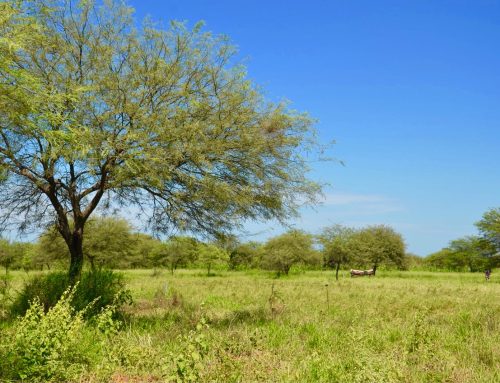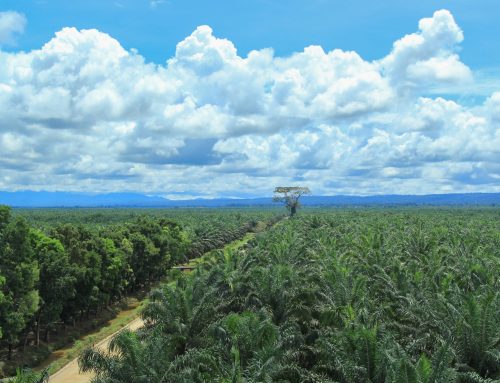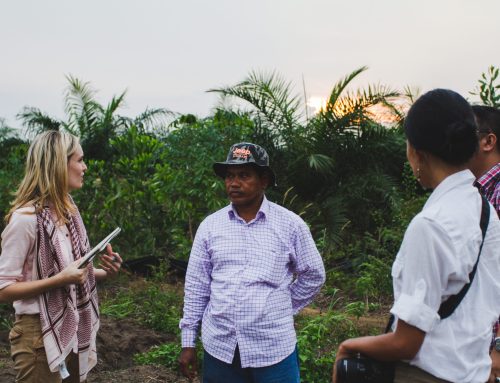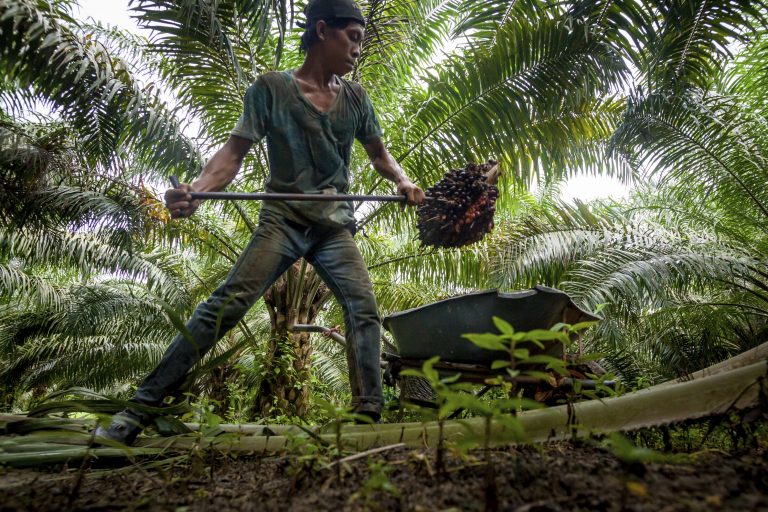
A worker harvesting oil palm fruit in Malaysia. (© Benjamin Drummond)
They are on supermarket shelves everywhere. They have some of the largest environmental footprints anywhere. Now, a new effort is aiming to minimize the environmental impacts of soy, beef and palm oil — by bringing together some of the world’s most significant players in sustainability.
Announced today in New York, the Good Growth Partnership brings together the U.N. Development Program, the Global Environment Facility, the World Bank’s International Finance Corporation and the U.N. Environment Program, along with environmental nonprofits and some of the world’s largest agricultural exporters. Conservation International (CI) joins the World Wildlife Fund as the initiative’s two founding NGO participants.
Representing a combined investment of US$ 300 million, the initiative is one of the largest efforts to date to ensure that production of these products does not come at the expense of nature.
The announcement comes at a moment when the effects of our eating habits on the climate are receiving increased attention. According to a recent analysis, just a single (albeit massive) dietary change — substituting beans for beef — could nearly satisfy the United States’ emissions reduction goals under the Paris Agreement.
Ahead of this month’s U.N. general assembly and Climate Week NYC, the partnership takes aim at three commodities that are considered among the worst culprits for deforestation, which accounts for 11 percent of all human-generated carbon emissions. The partnership seeks to build upon recent successes, such as the commitment last year by seven African countries to protect tropical forests from unsustainable palm oil development.
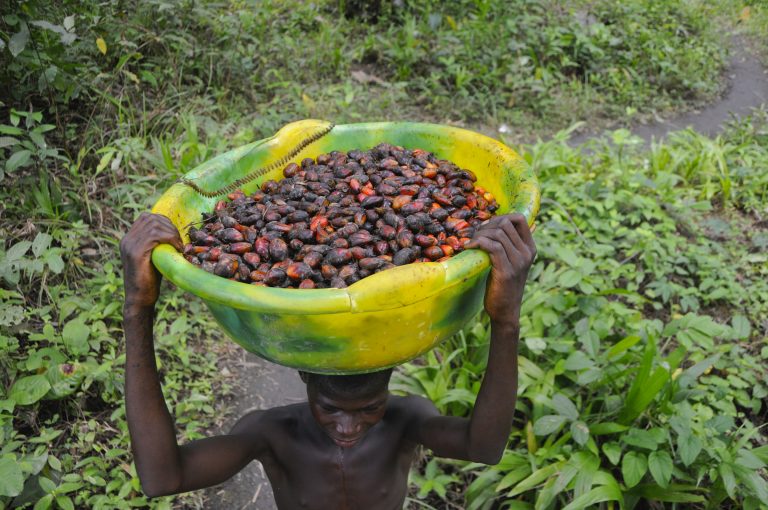
A Liberian boy carries a bucket of oil palm fruit. (© Conservation International/photo by Rob McNeil)
According to John Buchanan, vice president of sustainable production at CI, these commodities can be produced sustainably; boycotting them outright, he said, can be counterproductive. Palm oil, for example, is the world’s most efficient oil-producing crop, representing 38 percent of the world’s supply of edible oil but only using 5 percent of the sector’s farmed footprint.
“Palm oil and deforestation do not have to go hand in hand,” Buchanan said. “It’s where and how it’s grown that we need to change.”
Joining the partnership are four countries that together represent a large swath of the world’s tropical forests — Indonesia, Paraguay, Brazil and Liberia. According to Susana Escudero, senior manager of multilateral relations at CI, this national-level commitment is a promising step forward for sustainability.
“These countries understand the challenges and opportunities of sustainable production for their economic development,” Escudero said. “They want to move away from business as usual and find solutions for their long-term development.”
Today’s event included high-level representatives from leading companies involved in the production of these commodities, including Citi, McDonald’s, Mondelez International and the Indonesian Palm Oil Producers Association.
According to John Buchanan, it is these companies — and ultimately, the consumers they sell to — working together with government and civil society that will ensure agricultural sustainability.
“As a consumer, you too have a voice,” Buchanan said. “There are good things happening in these sectors, and consumers should support those leading the charge.”
Jamey Anderson is a senior writer at Conservation International.
Want to read more stories like this? Sign up for email updates. Donate to Conservation International.
By: Jamey Anderson, Conservation International


